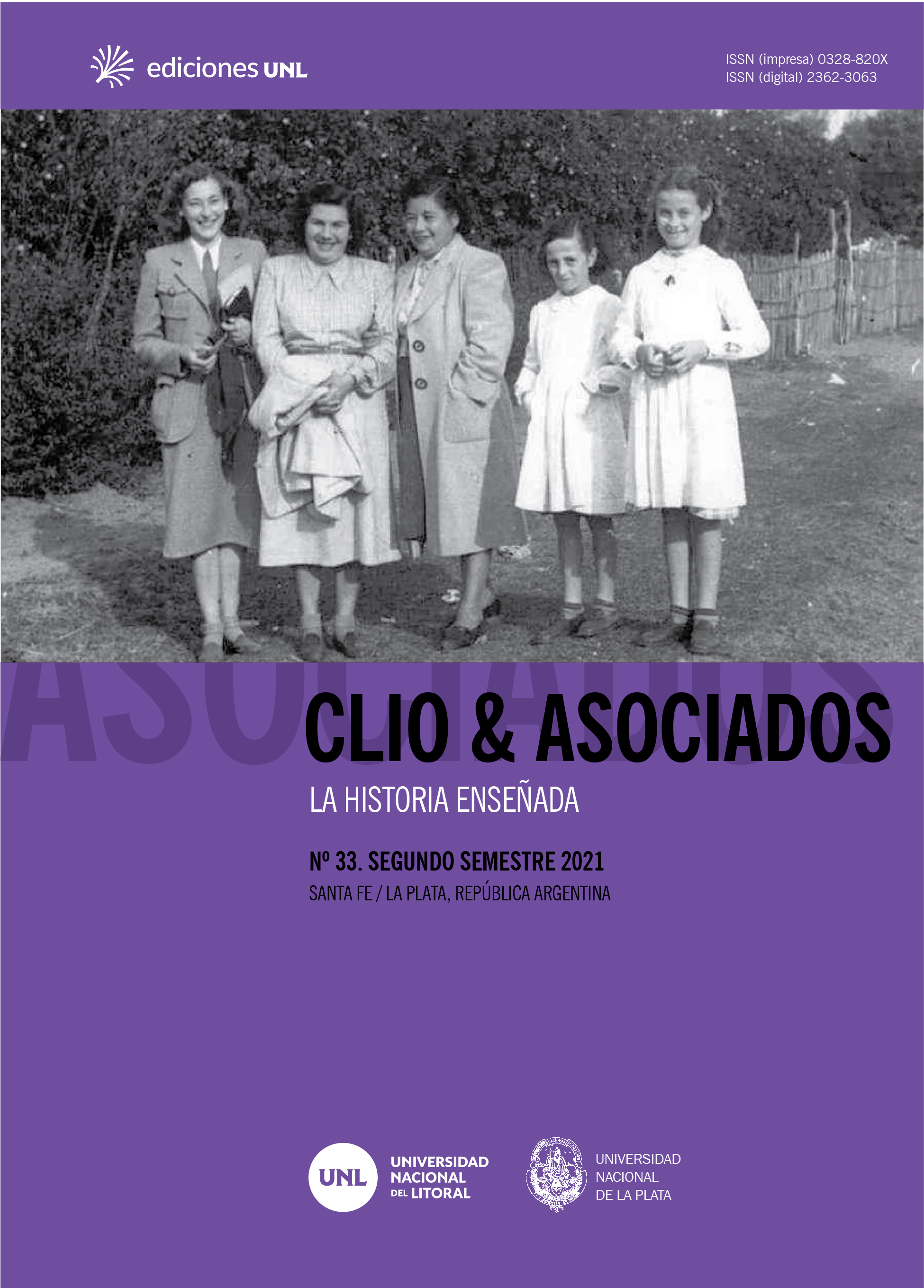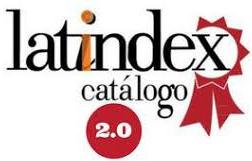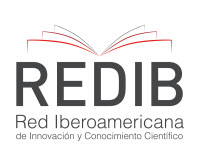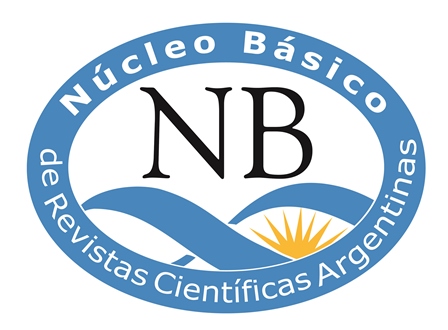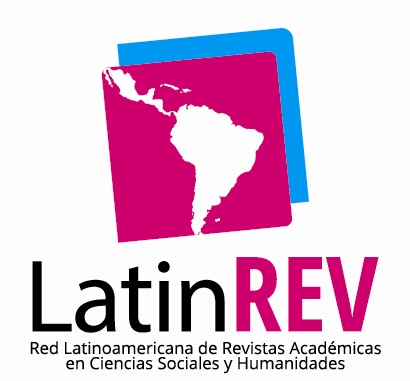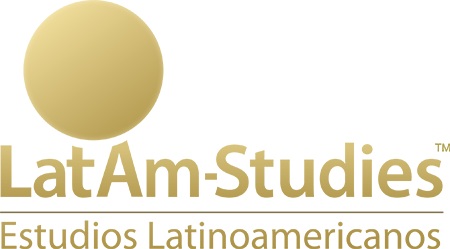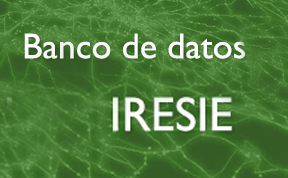'We must find a new story to embody a renewed school history ...' Interview with Gonzalo de Amézola.
DOI:
https://doi.org/10.14409/cya.v0i33.10909Abstract
Professor Gonzalo de Amézola does not need an introduction for regular readers of our publication. We have the pleasure of speaking once again with one of the founders of Clío & Asociados. La historia enseñada, and a fundamental member of its management team until 2020. On the other hand, its extensive contribution to teacher training in history and research in the field of specific didactics in the country is widely known. In this way, we pay him a well-deserved recognition of his career and recover his essential critical points of view on the present and the future of the teaching of history.
References
Academia Nacional de la Historia (1993). Informe de la Comisión de Enseñanza de la Historia. Buenos Aires.
Amézola, G. de y Barletta, A. M. (1994). ¡Mueran los salvajes secundarios! El debate historia oficial-revisionismo en los textos de la escuela media. Serie Pedagógica, 1, 125-141.
Carroll, L. (1865). Alice's Adventures in Wonderland. London: Macmillan and Co.
Delgado, M. (2010). Sobre la universidad: a propósito de la Ley de Educación Universitaria. Educere, 15(50), 81-84.
Dosse, F. (1987). L'histoire en miettes. Des «Annales» à la «nouvelle histoire». París: La Decouverte.
Ferro, M. (1990). Cómo se cuenta la historia a los niños en el mundo entero. México: FCE.
Le Goff, J. (1997). Entrevista. Página 12, 30 de noviembre.
Lee, P. J. (2005). Putting principles into practice: understanding history. In Donovan, M.S. and Bransford, J.D. (eds). How Students Learn: History, mathematics, and science in the classroom (31-77). Washington, DC: National Academies Press.
Maestro, P. (2001). Conocimiento histórico, enseñanza y formación del profesorado. En Arrondo, C. y Bembo, S. La formación docente en el Profesorado de Historia: un ámbito en conflicto (71-111). Rosario: Homo Sapiens.
Popkewitz, T. (2007). La formación de los maestros excluye el espíritu crítico. Entrevista por Liliana Moreno. Clarín, Suplemento Guía de la Enseñanza, 2 de diciembre.
Prats, J. (2002). Hacia una definición de la investigación en didáctica de las ciencias sociales. Enseñanza de las ciencias sociales: revista de investigación, 1, 81-89.
Quattrocchi-Woisson, D. (1995). Los males de la memoria. Historia y política en la Argentina. Buenos Aires: Emecé.
Rüsen, J. (2012). Aprendizagem histórica: fundamentos e paradigmas. Curitiba: W. A. Editores.
Shulman, L. S. (1987). Knowledge and teaching: Foundations of new reform. Harvard Educational Review, 57(1), 1-22.
Thompson, E. P. (1966). History from below. Times Literary Supplement, 65, 275-280.
Wilde, O. (1890). The Picture of Dorian Gray. Lippincott's Monthly Magazine, july. Philadelphia, J. B. Lippincott & Co.
Wineburg, S. (2001). Historical Thinking and other Unnatural Acts. Charting de Future of Teaching the Past. Philadelphia: Temple University Press.
